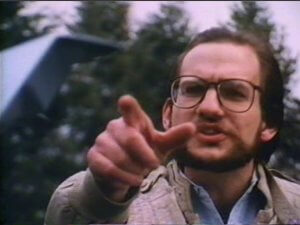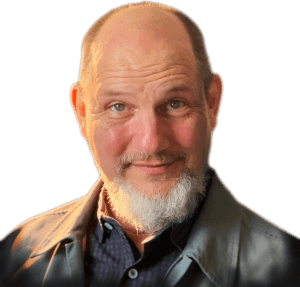 Here is my response to a fascinating blog about my Alma Matter/professional acting school, Circle in the Square. Much of what we learned at Circle was about neutralization, where the goal is to find our neutral, so we might then add or take away any color, behavior, attitude or other differentiating character traits to our role. The study of neutral is essential in all artistic disciplines.
Here is my response to a fascinating blog about my Alma Matter/professional acting school, Circle in the Square. Much of what we learned at Circle was about neutralization, where the goal is to find our neutral, so we might then add or take away any color, behavior, attitude or other differentiating character traits to our role. The study of neutral is essential in all artistic disciplines.
Before I graduated from Circle’s two year intensive professional training program I did their summer program. Benicio Del Toro, my classmate, was ridiculed by the speech and voice teachers because of his this thick accent and rough voice. We were all, “Poor, Bene, he’s never going to make it.” Of course, he went on to win an Academy Award and become one of Hollywood’s most sought after actors.
In the two year program, which I did from 1979-81, I remember one of my colleagues announcing he was gay after a very personal techniques exercise. The teacher, Terri Hayden, who costarred with Brando in the stage version of Streetcar, bellowed, “so what else are you?
There was a philosophy at Circle of working on our areas of weakness, which I believe is essential to becoming good at anything. If you are naturally shy and not very assertive, you need to develop power and directness. In short, we were encouraged to recognize our own limitations, perhaps embrace them, but still fight the good fight, to find ways to develop and extend our range.
At the same time, there was also an understanding that you, the person you are in your soul, is what you need to bring to every role. This is your calling card. So yes, an Asian might do well to learn a song from Miss Saigon. We were made aware that even though we may be many things, we are also a brand. We learned that in theatre, right or wrong, we deal in archetypes, either playing into the expectation or deliberately playing against type. Are you the girl next door, the bad boy or the troubled friend? Knowing your brand or type was the way to get your foot in the door. The obvious goal was to prepare us for more parts, to be successful in the business of acting.
I’ll never forget when Joanna Gleason, who originated the role of The Bakers Wife in Into the Woods on Broadway, and who also was my singing interp. teacher at Circle, sat down with me one day as I was eating my PB&J sandwich for lunch. She asked me if I wanted to “play the fat side kick or earn lead roles?” I said, “lead roles, of course.” She told me then I better cut out the crappy food and get down to what she called my “fighting weight.”
 Olympia Dukakis once asked a young lady to act from her vagina, instead of her head, grabbing her crotch for emphasis. Did it hurt her feelings? Was it embarrassing? Yes. Was it politically correct? No. Did it make the girl a better actor? Yes, it made us all better actors.
Olympia Dukakis once asked a young lady to act from her vagina, instead of her head, grabbing her crotch for emphasis. Did it hurt her feelings? Was it embarrassing? Yes. Was it politically correct? No. Did it make the girl a better actor? Yes, it made us all better actors.
I think many of us were traumatized in some way during the process of our training at Circle. It is by nature a process that breaks through a person’s idea about themselves, to get at something deeper. As the saying goes, “with no breakdown there can be no breakthrough.”
I think the above incidences, and perhaps those detailed in the accompanying blog (see link above), could easily be taken as racial or sexual harassment by today’s standards. Back in the early 80s, probably not. I would expect today’s acting training might need to be more sensitive. But real acting, or painting, or playing an instrument or any artistic discipline needs to plunge the depths of the human psyche for the work to be authentic and meaningful. And yes, that is a painful and messy process.
See Learning Can be Painful – Part Two

 Would you like to get inspiration in your inbox, rather than ads for more stuff? Welcome to ManiscalcoGallery.com
Would you like to get inspiration in your inbox, rather than ads for more stuff? Welcome to ManiscalcoGallery.com